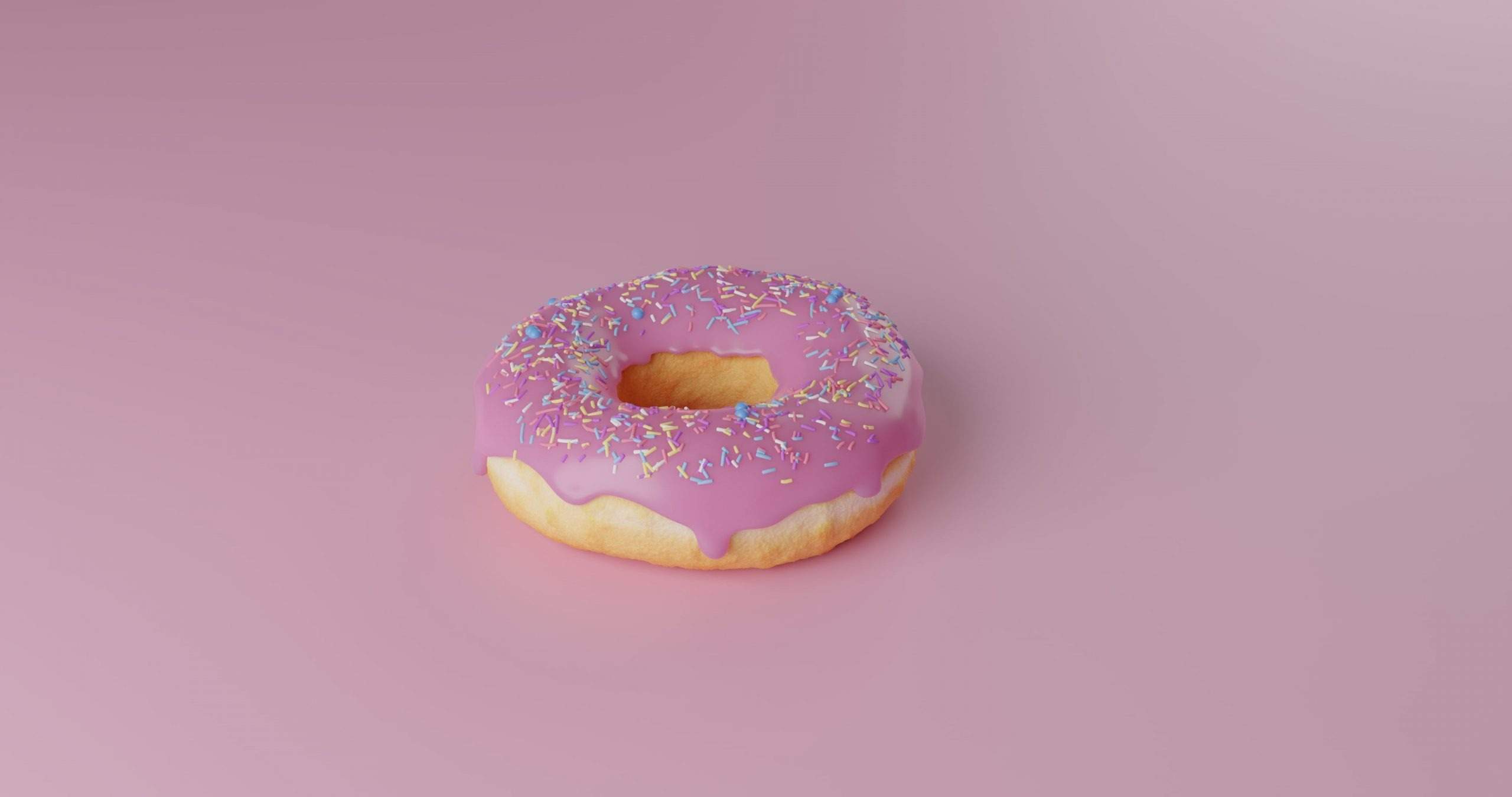Combining traditional pastry-making with state-of-the-art technology! That’s the credo of Marine Coré-Baillais, pastry buff and former deputy general manager of Sculpteo, the French champion of on-line 3D printing. En 2019, she founded a start-up called La Pâtisserie Numérique (Digital Pastry), and she recently launched a Kickstarter campaign to promote the company’s first product: the Cakewalk 3D, a “handy food extruder.”
“Simply put, it’s a kit that enables a desktop 3D printer to print edible ingredients in a design defined in a digital file.“
The machine can print anything from simple patterns and designs to text and intricate decorative effects onto cakes and pies. The extruder applies the ingredient stored in the cartridge, layer by layer.
While Cakewalk 3D isn’t the first 3D printer for edibles – there are several for chocolate already – the price of the others ranges from €1,500 to €10,000. The Cakewalk 3D kit starts at €49, and it can be adapted to ordinary 3D printers. The extruder comes with ingredients prepared by Marine Coré-Baillais in her lab. “The ready-to-use powders are made from dehydrated foods, such as powdered meringue and a fruit-based vegetarian powder. All you have to do is add water. You can also use it with chocolate, honey, and all sorts of other edibles,” the entrepreneur explains.
The device’s applications aren’t limited to pastry, for that matter. “One of our ingredients is made from tomatoes and broccoli. It allows you to make crunchy chips without frying. We’ve also successfully experimented with powdered guacamole, ketchup, mayonnaise and even curry sauce. It works very well as long as the rehydrated preparation stays fairly fluid,” Marine Coré-Baillais points out. Although the creative possibilities are potentially endless, the company has developed a dozen recipes and 45 patterns that suit the technology well, even if, for the moment, they are targeting the community of “makers”, who are used to coming up with their own ideas. Marine Coré-Baillais is also aiming at other, wider markets, like fine pastry-making. Having trained at Le Meurice under Chef Cédric Grolet (twice crowned the world’s best pastry chef) she realized that tasks that don’t require enormous skill could be mechanized. That would save time and thus increase profit margins on products that often require hours of work and lots of material. “For that application, we’re developing a printer that will be able to make cellular structures that could hold preparations like fruit purées. The process will make it easy to create complex 3D shapes in about 60% less time,” the hi-tech pastry expert assures us. The new machine should be available in early 2021, and Coré-Baillais has set her sights on the international market, where she aims to be the standard bearer for the excellence of both traditional and innovative French pastry.
